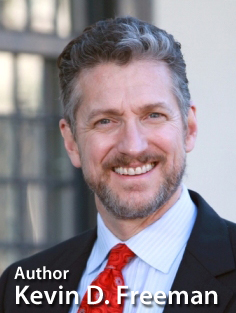In addition to traditional means such as trade embargoes, new approaches to economic warfare have been developed that incorporate the sophistication and intricacy of financial weaponry—derivatives, hidden orders, high frequency trading, anonymity—that capitalize on the interconnectedness of the markets.
These new weapons can be used in combination with cyber attacks, theft of trade secrets, debt and currency manipulations, and control of energy or other material assets. This section will provide an overview of some of these potential economic WMDs and how they might be used. Due to the complexity of these potential weapons, the overview will necessarily be introductory and therefore somewhat limited in scope. It will include a brief description of each weapon, an example or estimate of the risk potential, and a cursory analysis of actors who have the potential to deploy the weapon.
FINANCIAL DERIVATIVES
Warren Buffett once famously described credit derivatives such as credit default swaps (CDS) as “financial weapons of mass destruction.”45 He was making an economic reference, but the application in the context of warfare certainly is justified. While many derivatives can be used as weapons, the focus has been on credit default swaps due to their significant role in the 2008 financial collapse.46 Credit default swaps are essentially side bets on the performance of the U.S. mortgage markets and some of the biggest financial institutions in the world—a form of legalized gambling that allows you to wager on financial outcomes without ever having to actually buy the stocks and bonds and mortgages. It would have been illegal during most of the 20th century under the gaming laws, but in 2000, Congress gave Wall Street an ex-emption and it has turned out to be a very bad idea. While Congress and the rest of the country scratched their heads trying to figure out how we got into this mess, 60 Minutes decided to go to Frank Partnoy, a law professor at the University of San Diego, who has writ-ten a couple of books on the subject. Ask[ed] to explain what a derivative is, Partnoy says, “A derivative is a financial instrument whose value is based on something else. It’s basically a side bet.”





